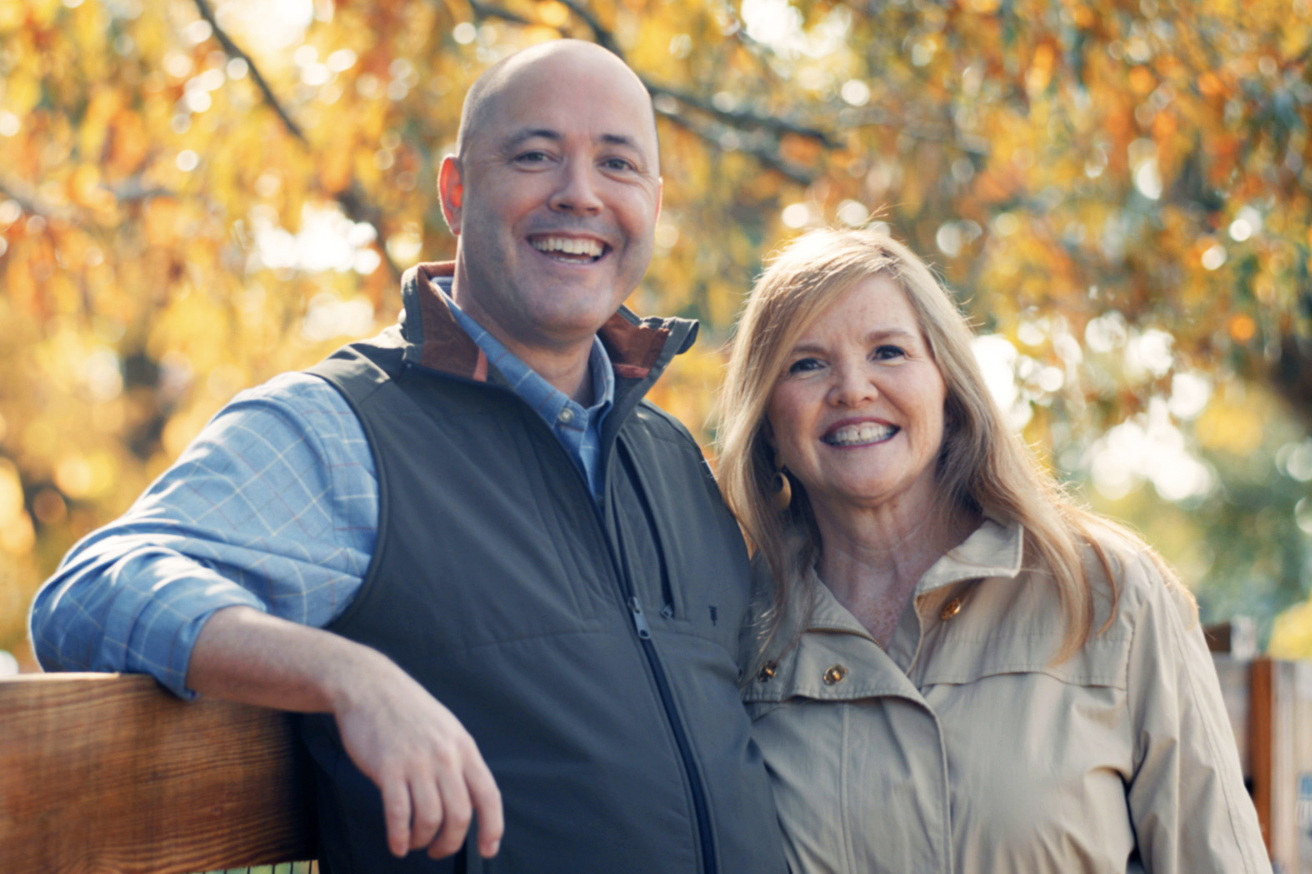State Representatives Viola Davis (D-Stone Mountain), Sandra Scott (D-Rex), and Kim Schofield (D-Atlanta) recently submitted a letter to Governor Brian Kemp (R), urging immediate emergency state funding to protect Georgia families facing food insecurity and healthcare disruptions due to the federal government shutdown.
In the letter, they point out that over one million Georgians, including children, seniors, and veterans, could lose access to November Supplemental Nutrition Assistance Program (SNAP) payments.
These benefits are typically distributed between November 5th and 23rd, but will be delayed until the government shutdown ends. They expressed concern that the lapse could create a holiday hunger crisis, leaving families without food as the Thanksgiving holiday approaches.
They also expressed concern that the shutdown could place Medicaid recipients and rural hospitals at risk and that delays in federal reimbursements could threaten to destabilize healthcare facilities, particularly those serving low-income and medically underserved populations.
The lawmakers called on the Governor to authorize emergency bridge funding to supplement SNAP and Medicaid until federal programs resume. They also called on him to direct the Department of Human Services and the Department of Community Health to establish emergency relief protocols.
Rep. Viola Davis commented on this development, arguing that the State of Georgia must step in at this time. “Georgia cannot stand by while our families starve and our hospitals struggle,” Davis stated. “We are urging Governor Kemp to use a fraction of our state’s nearly $15 billion surplus to ensure no child or senior is left hungry during the holidays.”
Rep. Sandra Scott issued a similar statement, warning about the vulnerability that many Georgians face. “Many Georgians live one paycheck away from crisis,” Scott stated. “When SNAP and Medicaid stop, families lose food, medicine, and stability. We cannot allow partisan gridlock in Washington to punish Georgia’s most vulnerable.”
Rep. Kim Schofield called the concern a moral issue, asserting that food and healthcare are basic human rights. “This is not just a budget issue; it’s a moral test,” Schofield added. “When the federal government fails, states must step up. Food and healthcare are not luxuries – they are basic human rights.”

















